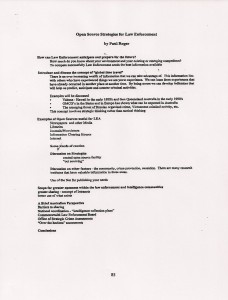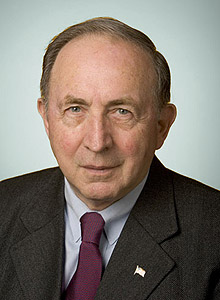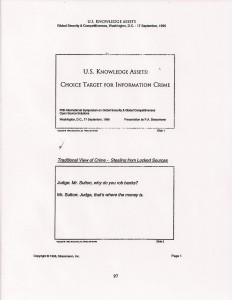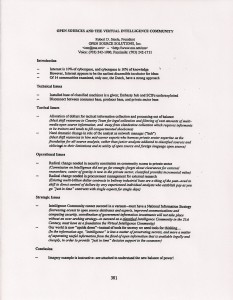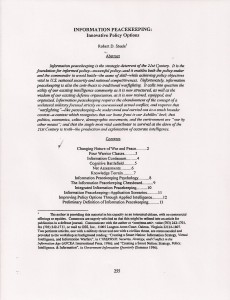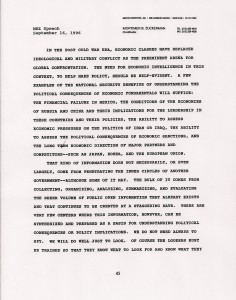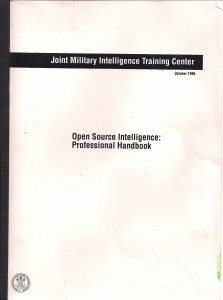
Paul Roger entered mid-career working the Hong Kong Organized Crime target with a special focus on the triads. He mastered the art of working with indigenous street-level sources while leveraging back office colonial processing power. In Australia he invented “time travel” and this was the most provocative element of his OSS '96 presentation, below. We have failed to study the history of organized crime such that we can stop it in its tracks as it migrates from Italy to Scotland, or Latin America to West Africa.
